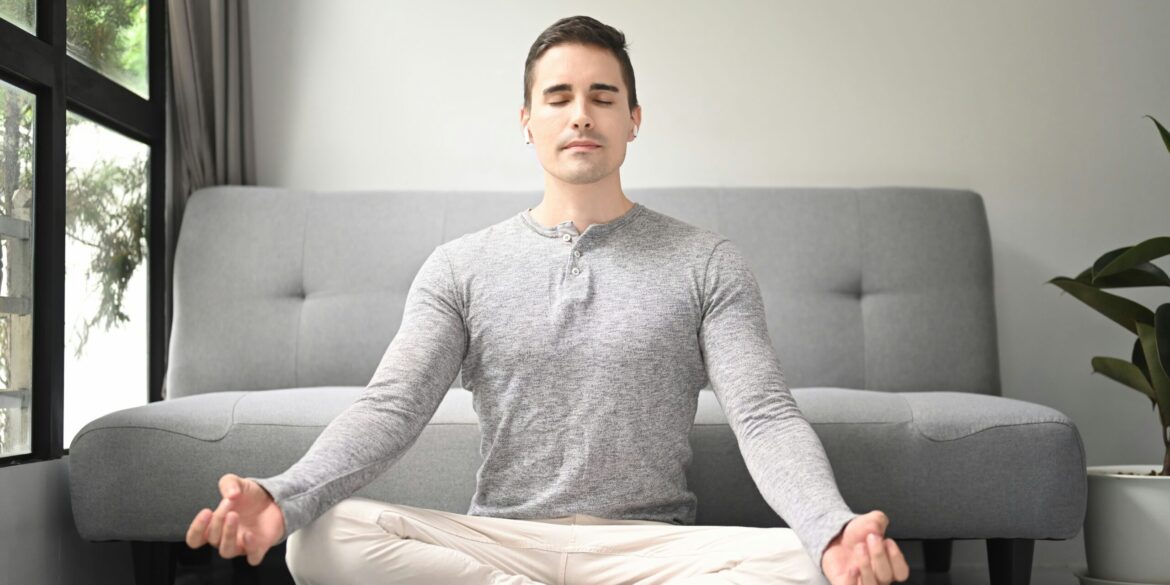A groundbreaking study published on May 29, 2025, in the Journal of Behavioral Health reveals that men aged 40 and older who engage in morning meditation experience notable reductions in stress, measured by decreased cortisol levels, alongside improved emotional regulation. The findings come from a comprehensive randomized control trial involving more than 1,000 participants from various U.S. cities, tracked over a six-month period.
The research offers compelling evidence supporting the effectiveness of mindfulness practices as a simple, yet powerful tool for managing stress among middle-aged men—a demographic often facing heightened pressures related to work, family, and health. Cortisol, commonly known as the “stress hormone,” plays a critical role in the body’s response to stress, and its chronic elevation has been linked to a host of negative health outcomes, including heart disease, diabetes, and mental health disorders.
Researchers conducting the trial attribute the stress-reducing benefits of morning meditation to enhanced focus and anxiety reduction. Participants practiced guided meditation sessions lasting 10 to 20 minutes each morning, incorporating breathing exercises, mindfulness awareness, and visualization techniques. Over time, the men reported feeling calmer, more centered, and better equipped to handle daily stressors.
Dr. Laura Matthews, lead author of the study and a behavioral health specialist, explained, “Our findings demonstrate that morning meditation can serve as an effective, accessible strategy for middle-aged men to mitigate stress naturally. This practice not only lowers physiological stress markers but also fosters emotional resilience, which is crucial for maintaining mental wellness as men age.”
The study’s design included a control group that did not practice meditation, allowing researchers to clearly distinguish the positive effects attributable to the mindfulness regimen. In contrast to the control group, the meditation participants showed a 25% average reduction in cortisol levels and significant improvements in self-reported anxiety and mood scores.
Health professionals are increasingly advocating for meditation as a complementary, non-pharmaceutical approach to mental health. The study aligns with broader trends emphasizing holistic wellness strategies, especially as concerns rise over the side effects and dependency risks associated with some stress-related medications.
Dr. Matthews and colleagues recommend incorporating meditation into daily routines as an effective preventive measure against stress-related illnesses, which remain a leading cause of morbidity among middle-aged adults. “Starting the day with mindfulness helps set a positive tone, enabling men to navigate complex emotional and professional challenges more effectively,” said Matthews.
The study also highlights that meditation can be practiced easily at home or in the workplace without requiring special equipment or extensive training. Smartphone apps, online guided sessions, and community meditation groups offer accessible options for men seeking to adopt this practice.
Mental health experts caution, however, that meditation is not a substitute for professional care in cases of severe anxiety or depression but emphasize its role as part of a comprehensive wellness plan. Combining meditation with physical exercise, balanced nutrition, and social support can enhance overall quality of life and mental resilience.
As the demands of modern life continue to challenge middle-aged men’s mental health, this study underscores the importance of simple, sustainable practices to promote well-being. With stress-related conditions on the rise nationwide, the integration of morning meditation into daily habits represents a promising step toward healthier, more balanced lives.

